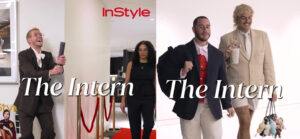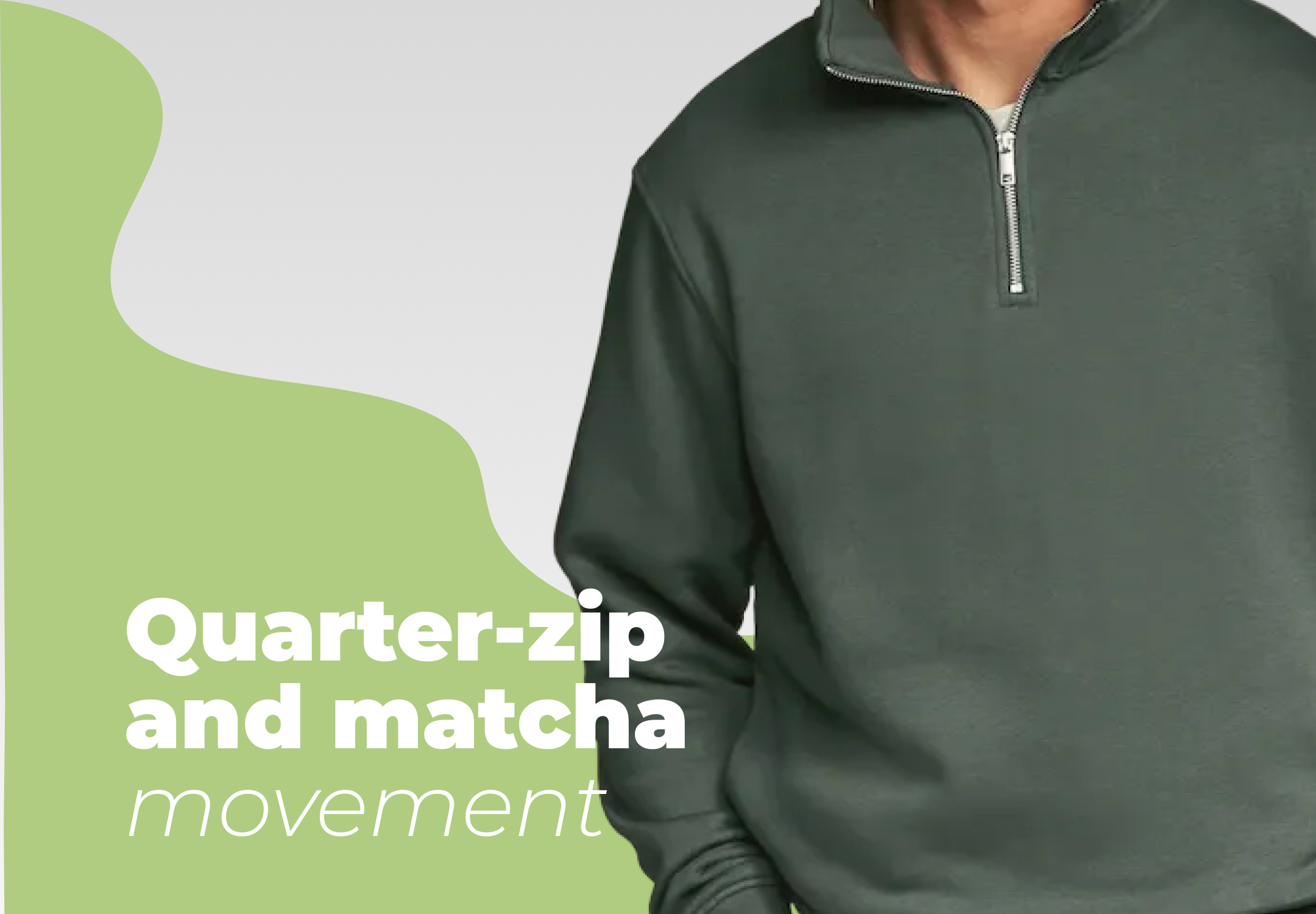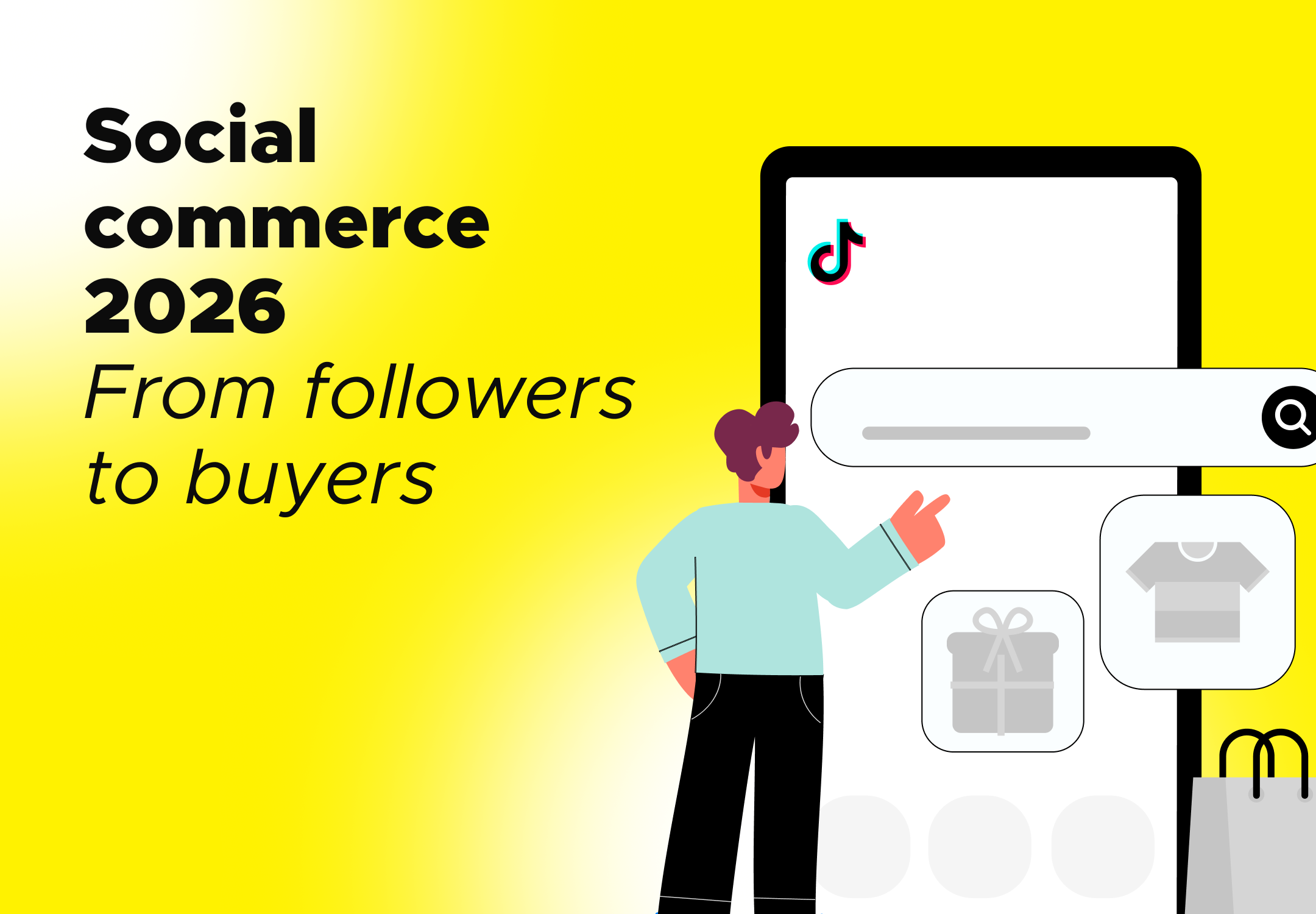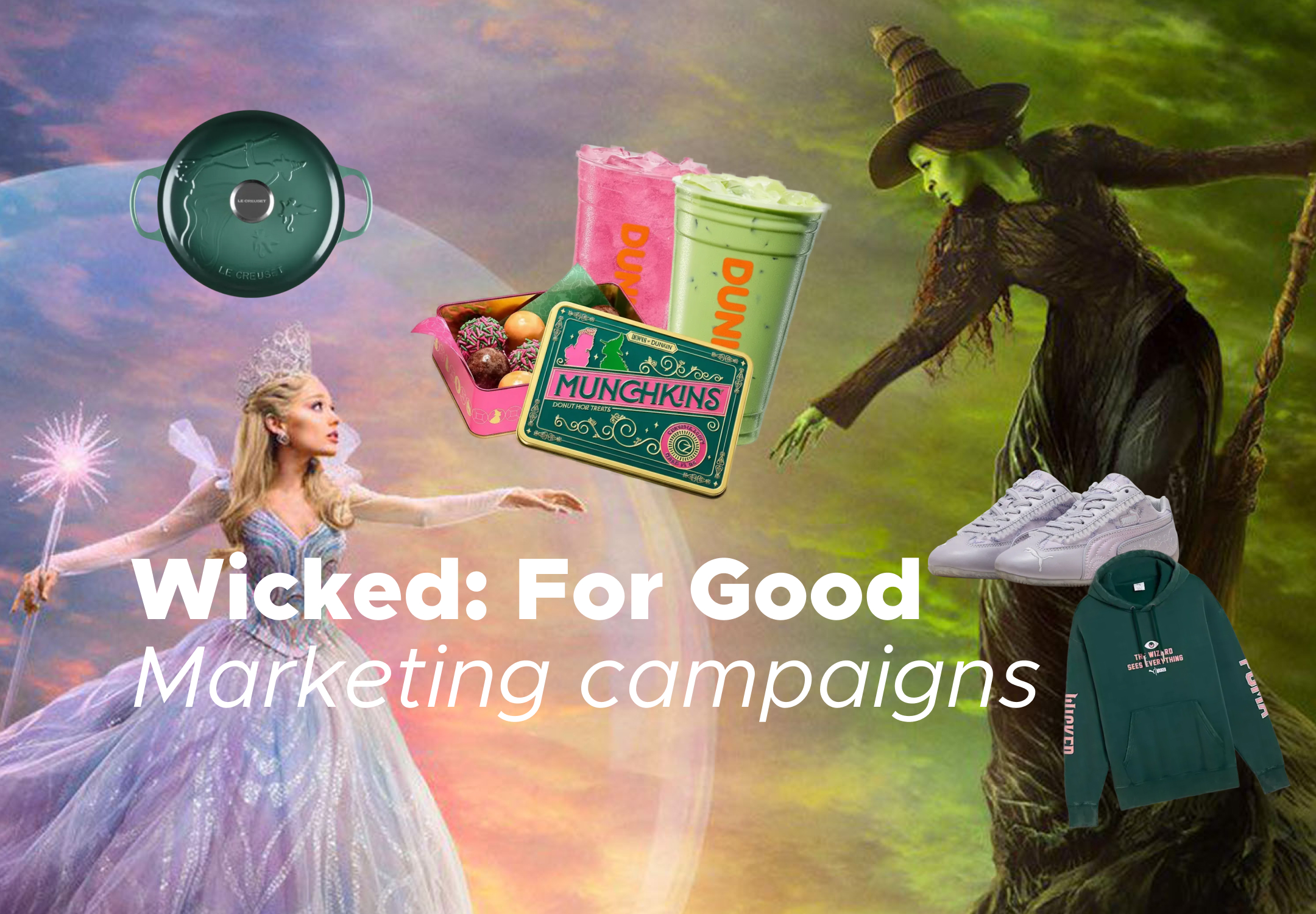InStyle’s “The Intern” and the Strategic Power of Gen Z’s Unseriousness
InStyle’s "The Intern" rebrands the legacy fashion magazine through Gen Z humor, meme culture, and mockumentary satire - blending creator marketing with employee-generated content to deliver authentic, shareable storytelling that bridges millennial nostalgia and Gen Z irony.
August 20, 2025

InStyle, once synonymous with glossy fashion spreads and celebrity style authority, has found a new storytelling engine: chaos. Its social-first series The Intern trades airbrushed elegance for comedic dysfunction, following interns, played by influencers and creators, whose biggest achievements are sipping piña coladas on the job and failing to print a single mood board. At a deeper level, it’s a calculated rebrand strategy – one that leans into Gen Z’s unserious humor to rejuvenate a legacy magazine.
Its mockumentary format, moving into its third session already, complete with confessional asides and awkward silences, draws on The Office – the ultimate millennial sitcom. But instead of regional paper sales, the storyline is all about pinnacle fashion moments like New York Fashion Week. By colliding high-fashion aspiration with workplace absurdity – every fashion intern knows – InStyle both pokes fun at itself and aligns with the cultural rhythms of a younger audience who prefer irony over reverence.
Why Gen Z finds comfort in chaos
To understand why The Intern works, it helps to look at the psychology of Gen Z humor. This is a generation raised amid political upheaval, climate anxiety, and digital saturation. For them, comedy functions less as polished entertainment and more as a coping mechanism. Sarcasm, layered irony, and absurd memes are their shared language – a way to process instability without succumbing to it.
As The Guardian put it in a 2025 cultural review:
“Millennial humour is self-deprecating and relatable. Gen Z are more absurdist, ironic, and meta…there’s a vibe of: if I don’t laugh, I’ll cry.”
That sensibility is evident in their media consumption. A study of Gen Z students found that absurdist memes were rated significantly funnier than traditional humor, with confidence levels above 99%. And in marketing contexts, memes deliver results: meme-based content generates 25–30% higher engagement rates than traditional social posts, which often struggle to break 1%. For Gen Z, humor is not just entertainment – it’s shorthand for authenticity.
They trust brands more when the message arrives wrapped in sarcasm than when it’s dressed up as polished aspiration.
Millennials vs. Gen Z: Diverging content preferences
What makes InStyle’s pivot so strategic is how clearly it distinguishes between generational appetites. Millennials, who grew up on desktop blogs and appointment TV, still respond well to long-form videos, educational explainers, and “relatable” earnestness. Gen Z, by contrast, gravitates toward short-form content, meme logic, and formats that feel instantly remixable. The divergence isn’t subtle: while Millennials binge 30-minute sitcoms, Gen Z clips the same into TikToks, layering on inside jokes and edits.
By creating The Intern, InStyle acknowledges this shift. The show delivers micro-doses of narrative – quick, punchy episodes designed for Instagram Reels and social circulation. Instead of positioning fashion as untouchable glamour, it reframes it as fertile ground for parody. The result is content that can live both as episodic storytelling and as individual meme moments, giving the brand multiple cultural touchpoints.
Borrowed nostalgia: Why Gen Z embraces ‘The Office’ storytelling
The choice of format is telling. The mockumentary style popularized by The Office – with its deadpan humor and deliberate cringe – was once a millennial cultural staple. Between 2018 and 2020, The Office became the most-streamed show on Netflix, clocking 57 billion minutes viewed in 2020 alone before moving to Peacock. Many Gen Z viewers discovered it secondhand, either as comfort-streaming background noise or through memes repurposed across TikTok.
For Gen Z, then, adopting The Office aesthetic isn’t nostalgia in the traditional sense. It’s inherited nostalgia – absorbed through streaming algorithms, older siblings, and cultural remix. But unlike Millennials, who embraced the show’s relatability, Gen Z engages with it ironically. Recreating the format becomes both homage and parody, a way to signal cultural literacy (“we get your jokes”) while twisting them into something new. It’s less about reverence for millennial coolness and more about recycling a familiar language into absurdist sketches that feel native to social media.
This explains why mockumentary-style skits thrive on TikTok and Reels. They’re instantly legible, require minimal setup (a desk, a confessional shot, a dramatic pause), and can be endlessly reinterpreted.
The strategic payoff
What makes the series especially effective is how it blurs the line between creator marketing and “EGC” (Employee-Generated Content) – a format that has grown popular as companies showcase culture through authentic, humorous storytelling. The Intern taps this dynamic by co-authoring the narrative with its cast and creators, amplifying reach through traditional influencer marketing while keeping the tone grounded in self-aware parody. In doing so, InStyle positions itself not just as a publisher but as part of the cultural joke. It’s a strategy reminiscent of Mattel’s 2023 Barbie film, where the company leaned into its own corporate seriousness and twisted it with playful sarcasm, winning audience sympathy by showing it could laugh at itself.
What makes The Intern more than a gimmick is the way it builds brand equity across audiences. For Millennials, it offers a wink of recognition – the format echoes a cultural touchstone, making InStyle feel less distant. For Gen Z, it delivers humor on their terms: unserious, meme-ready, and self-aware. By embracing self-parody, the brand signals that it is flexible, approachable, and in tune with the cultural moment.
This strategy is particularly powerful in fashion, an industry that often struggles with accusations of elitism or irrelevance. By showing it can laugh at itself, InStyle broadens its appeal. The interns may be incompetent, but the brand behind them comes off as agile and willing to evolve.
Conclusion: Serious strategy in unserious style
InStyle’s The Intern is a masterclass in generational storytelling. By weaving together the millennial DNA of The Office, the ironic absurdity beloved by Gen Z, and the proven performance of meme-driven content, the magazine transforms unseriousness into a serious rebrand tool. It illustrates a broader truth: in a fragmented media landscape, the most enduring equity often comes not from flawless polish, but from strategic self-mockery.
For legacy brands navigating cultural reinvention, the lesson is clear – sometimes the best way to be taken seriously is to start by not taking yourself too seriously at all.
Latest News ☕

Quarter-zips & matchas: How Gen Z men are gaming social codes on TikTok
November 24, 2025
Quarter-zips and matcha lattes are the new uniform for Gen Z guys who realized that swappi...

The 2026 social commerce revolution: Turning followers into customers
November 22, 2025
Social media isn't just where people scroll anymore - it's where they shop. In 2026, the b...

How ‘Wicked: For Good’ transformed brand collaboration
November 20, 2025
Universal Pictures' Wicked franchise didn't just break box office records globally - it re...


